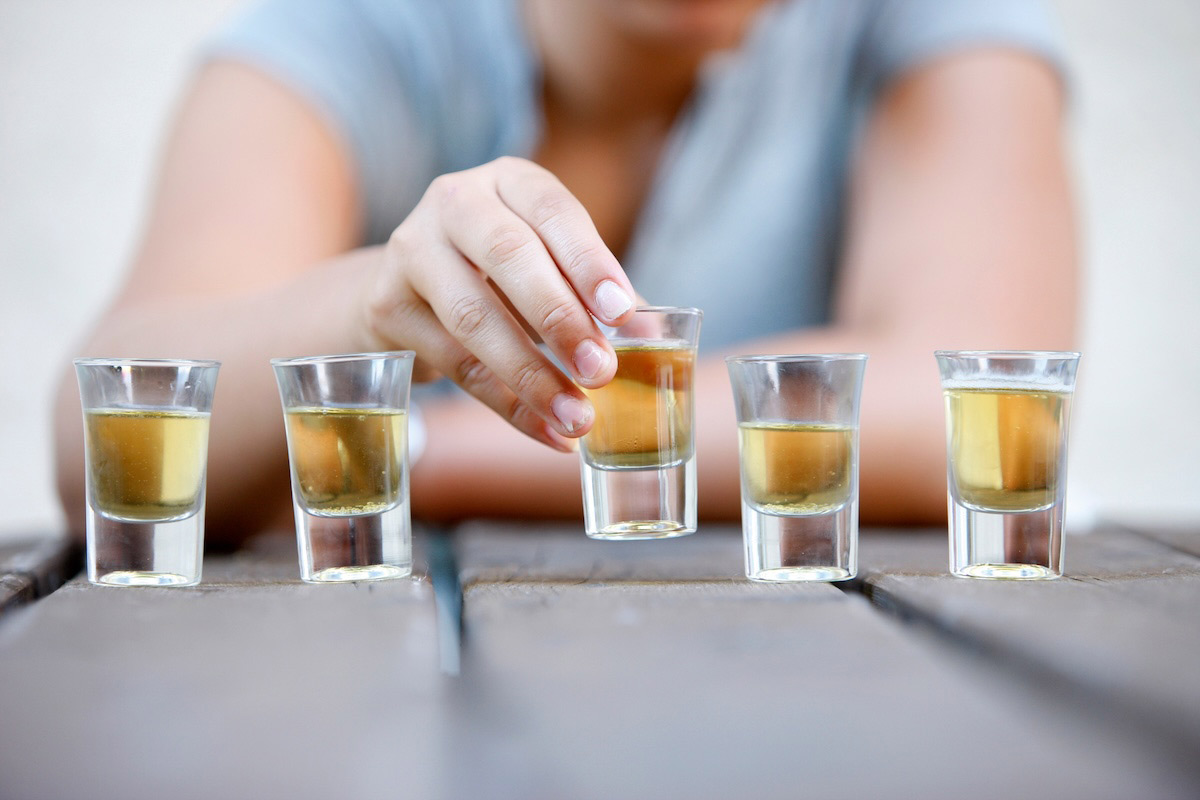Could Binge Drinking Impact How Quickly You Age?
Binge drinking among older adults is rising, and UNO researchers are uncovering how it may speed up muscle loss and accelerate aging.
- published: 2025/09/05
- contact: Bella Lockwood-Watson - Office of Strategic Marketing and Communications
- email: unonews@unomaha.edu

🍺 What’s new: Binge drinking’s impact on muscle aging has been largely overlooked in research. Now, a team of three UNO scientists, Dongwoo Hahn, Ph.D., Song-Young Park, Ph.D., and Gwenael Layec, Ph.D., are launching a study to determine how heavy alcohol use might speed up muscle loss and frailty in older adults.
This new collaboration combines UNO expertise in vascular function, muscle metabolism, and muscle contractile function for a comprehensive look at alcohol’s effects on the body. The researchers aim to uncover the cellular mechanisms by which alcohol misuse accelerates the aging process in muscles.
💡 Why it matters:
- Binge drinking is on the rise among older adults – in 2022, about 1 in 5 Americans over 50 reported binge behavior.
- Chronic heavy drinking can severely damage muscles: up to 60% of long-term alcohol misusers develop alcohol-related muscle weakness – a condition five times more common than alcoholic cirrhosis. This loss of muscle mass and strength greatly increases an older person’s risk of fatigue and frailty.
- Identifying how alcohol accelerates physical aging is critical for intervention. The findings from this project could inform future lifestyle or dietary recommendations to help older adults with alcohol use disorder stay healthier longer.
🔎 Zoom in:
- Most alcohol research to date has focused on the brain and liver, leaving a gap in understanding its effects on skeletal muscle. This study addresses that gap by examining alcohol’s impact on muscle aging directly at the tissue level.
- The UNO research team is measuring how alcohol misuse affects blood vessel function, muscle cell metabolism, and overall muscle performance – an integrative approach that provides a full picture of alcohol’s toll on the aging body.
- The long-term goal is to pinpoint specific cellular changes (for example, in mitochondria or proteins) that explain why heavy drinking accelerates muscle deterioration.
- By discovering these mechanisms, the researchers hope to identify new targets for therapy or diet that could mitigate alcohol-related physical decline with age.
🎤 What they’re saying:
- Song-Young Park, Ph.D., UNO Distinguished Associate Professor of Health and Kinesiology and a lead investigator: “This is exactly the kind of collaborative research UNO excels at – tackling real-world health challenges with an integrated team. By uniting our expertise in vascular, metabolic, and muscle physiology, we can address the complexities of how alcohol speeds up aging in a way no single field could do alone.”
- Gwenael Layec, Ph.D., UNO Associate Professor of Health and Kinesiology: “We know heavy drinking can make people weaker as they age, but we don’t fully understand why. By studying alcohol’s effects on muscle cells and blood vessels, we aim to pinpoint how misuse accelerates the aging process at a biological level.”
- Dongwoo Hahn, Ph.D., UNO Assistant Professor of Health and Kinesiology: “Our goal is to translate these findings into solutions. If we can identify what alcohol is doing to muscles, we can potentially recommend lifestyle changes or treatments that help people with alcohol use disorder stay strong and healthy longer.”
🤝 Grant information:
- Funding source: National Institutes of Health (NIH)
- Award number: 4610101129100
About the University of Nebraska at Omaha
Located in one of America’s best cities to live, work and learn, the University of Nebraska at Omaha (UNO) is Nebraska’s premier metropolitan university. With more than 15,000 students enrolled in 200-plus programs of study, UNO is recognized nationally for its online education, graduate education, military friendliness and community engagement efforts. Founded in 1908, UNO has served learners of all backgrounds for more than 100 years and is dedicated to another century of excellence both in the classroom and in the community.
Follow UNO on Facebook, Twitter (X), Instagram, LinkedIn, and YouTube.